Med-Pay covers the insured, family members and passengers in a covered car for medical and funeral expenses (subject to per person policy limits below) if they are injured in a car accident by a vehicle designed principally for use on public roads regardless of who is at fault (1). It also pays medical and funeral expenses arising from the accident including accidents in which the victim is a pedestrian or bicyclist.
Med Pay also covers ambulance transportation, which is NOT covered under an auto policy.
In Connecticut, Med-Pay Limits apply per person and range from $1,000 to $10,000 for Personal Auto Policies and from $5,000 to $25,000 per person for Commercial Policies.
PIP provides the same coverage as Medical Payments for your medical expenses in the event of a claim without regard to fault (2). However, PIP can also provide lost wages, transportation expenses, and miscellaneous household assistance expenses, like cleaning or lawn care, while you recover from your injuries.
Because PIP provides more coverage than Med-Pay, it's a little more expensive.
Who would benefit from purchasing Med-Pay or PIP?
- If the insured and passengers already have health insurance that cover similar expenses, Med-Pay may not be necessary. Check your health insurance policy for deductible and co-insurance requirements. Used in conjunction with health coverage, Med-Pay can pay health insurance deductibles and co-insurance, so Med-Pay may be worth buying even if you have health insurance should a car accident cause bodily injury.
- If you don't have short-term disability insurance, consider PIP because of the additional coverage it affords, like lost wages.
- If you don't have any health insurance, then it is highly recommended to buy either Med-Pay or PIP.
Understanding Policy Limits
Minimum auto liability limits in Connecticut are 25,000 (bodily injury to one person), $50,000 (bodily injury total), and $25,000 (property damage). In many cases, minimum limits will not adequately cover losses. Considering the average cost of a new vehicle in the first quarter of 2017 was $31,400 (3), then these limits are inadequate for most people, especially when significant injuries result from an accident.
Read more about policy limits here or speak with a Connecticut Insurance Exchange agent.
Other Insurance
Uninsured and Underinsured Motorists (UM/UIM) coverage is mandatory in Connecticut, at the above minimum limits of $25,000 bodily injury per person and $50,000 bodily injury total. UM/UIM does NOT apply to property damage. It's a good idea to purchase a UM/UIM limit equal to your own liability limits.
UM/UIM protects you in the event that you and/or your passengers are injured by someone who:
- Does NOT carry insurance;
- Carries insufficient limits to pay for your injuries; or
- Is a hit-and-run driver
- Coverage is available only when the vehicle is of a type designed principally for use on public roads. So, coverage would not apply if the individual were struck by a tractor, bulldozer, or snowmobile.
- PIP is not available to Commercial Auto customers in Connecticut because it is an 'at-fault' state, meaning the party responsible for the accident/damage is expected to pay.
- Source: Cars.com



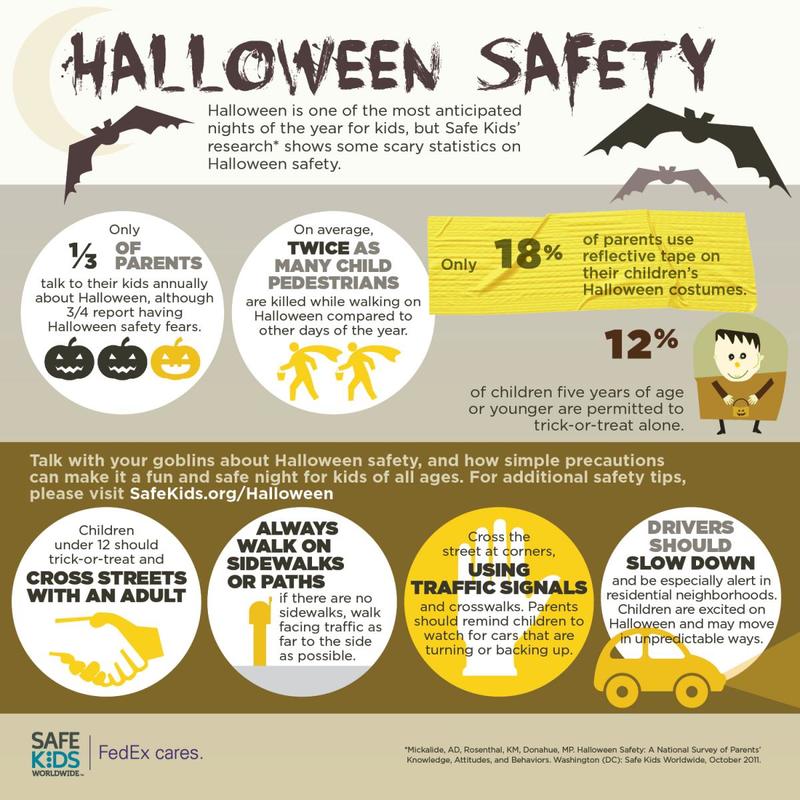
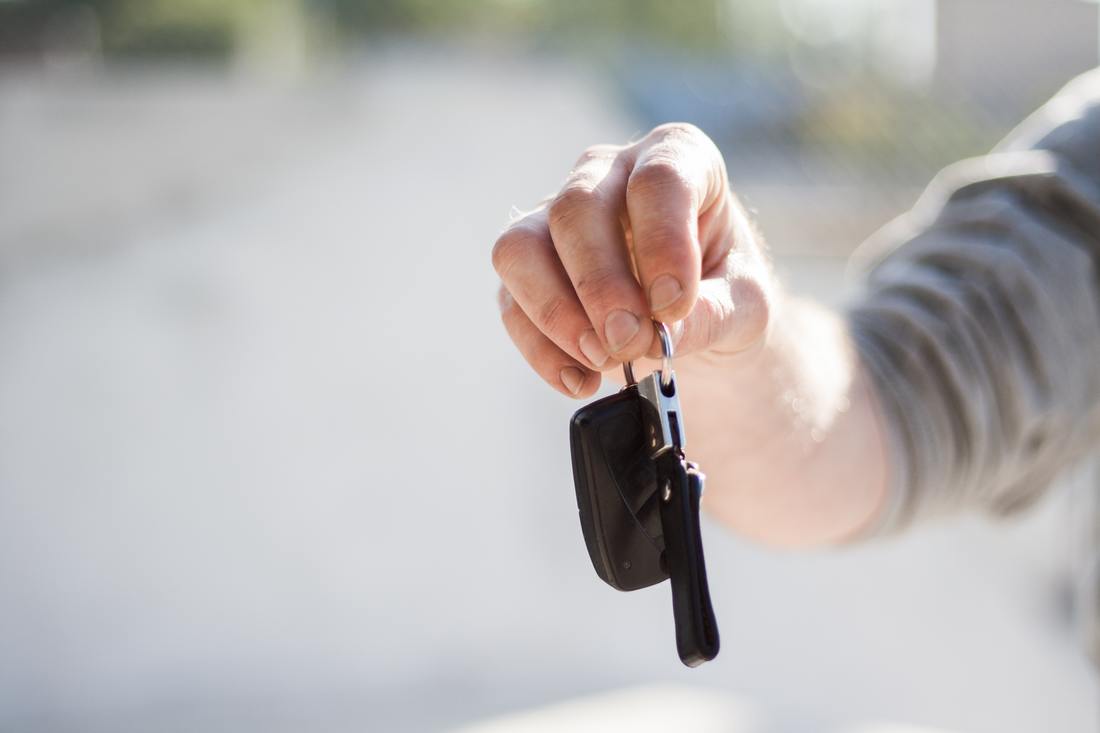
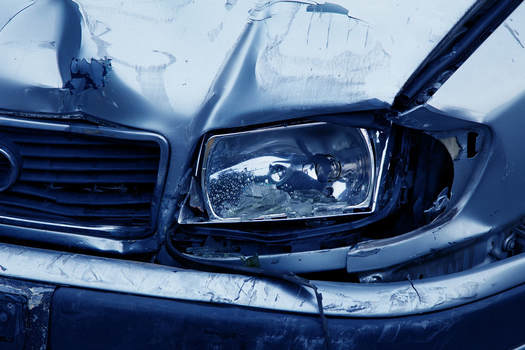
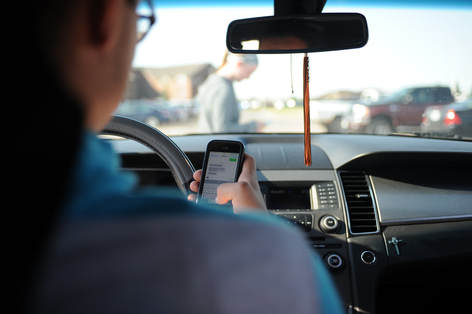
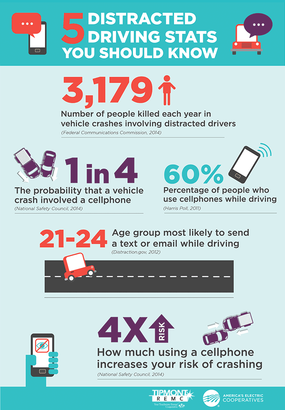


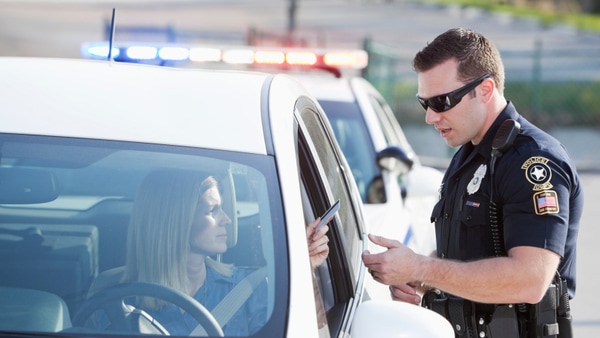


 RSS Feed
RSS Feed